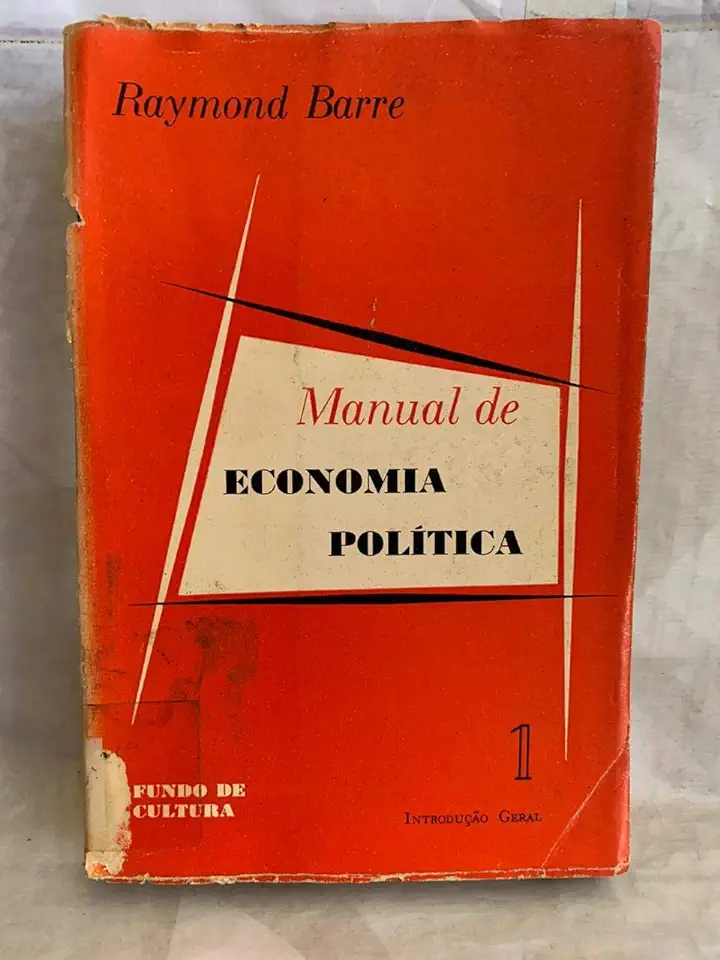
Manual of Political Economy - Raymond Barre
Manual of Political Economy
By Raymond Barre
Introduction
In his seminal work, "Manual of Political Economy," Raymond Barre provides a comprehensive and insightful analysis of the fundamental principles and concepts that underpin the field of economics. Barre's expertise and experience as a renowned economist and former Prime Minister of France shine through in this meticulously crafted manual, making it an invaluable resource for students, scholars, and policymakers alike.
Key Themes and Concepts
1. Microeconomics and Macroeconomics
Barre begins by introducing the reader to the foundational concepts of microeconomics and macroeconomics. He explains how microeconomics focuses on the behavior of individual economic agents, such as consumers and firms, while macroeconomics examines the economy as a whole, considering factors such as national income, employment, and inflation.
2. Supply and Demand
The author delves into the crucial concept of supply and demand, illustrating how the interaction between these forces determines market prices and quantities. Barre emphasizes the significance of market equilibrium and explains how deviations from this equilibrium can lead to market imbalances and inefficiencies.
3. Production and Cost Theory
Barre provides a detailed analysis of production theory, exploring the relationship between inputs and outputs in the production process. He also examines cost theory, discussing various cost concepts and their implications for firms' decision-making.
4. Market Structures
The manual explores different market structures, ranging from perfect competition to monopoly. Barre analyzes the characteristics, advantages, and disadvantages of each market structure, highlighting their impact on market outcomes and economic efficiency.
5. International Trade and Finance
Barre dedicates a substantial portion of the book to international trade and finance. He discusses the benefits of free trade, the role of comparative advantage, and the impact of trade policies on economic growth and development. Additionally, he examines the international monetary system, exchange rates, and the challenges of global economic coordination.
6. Economic Policy
In the final section of the manual, Barre turns his attention to economic policy. He explores the role of government in the economy, discussing fiscal policy, monetary policy, and other policy instruments. Barre emphasizes the importance of sound economic policies in achieving economic stability, growth, and social welfare.
Conclusion
Raymond Barre's "Manual of Political Economy" is a comprehensive and authoritative guide to the field of economics. With its clear explanations, insightful analysis, and engaging writing style, this manual is a must-read for anyone seeking a deeper understanding of the economic forces that shape our world. Whether you are a student, scholar, or policymaker, this book will provide you with valuable insights and knowledge that will enhance your understanding of the complex world of economics.